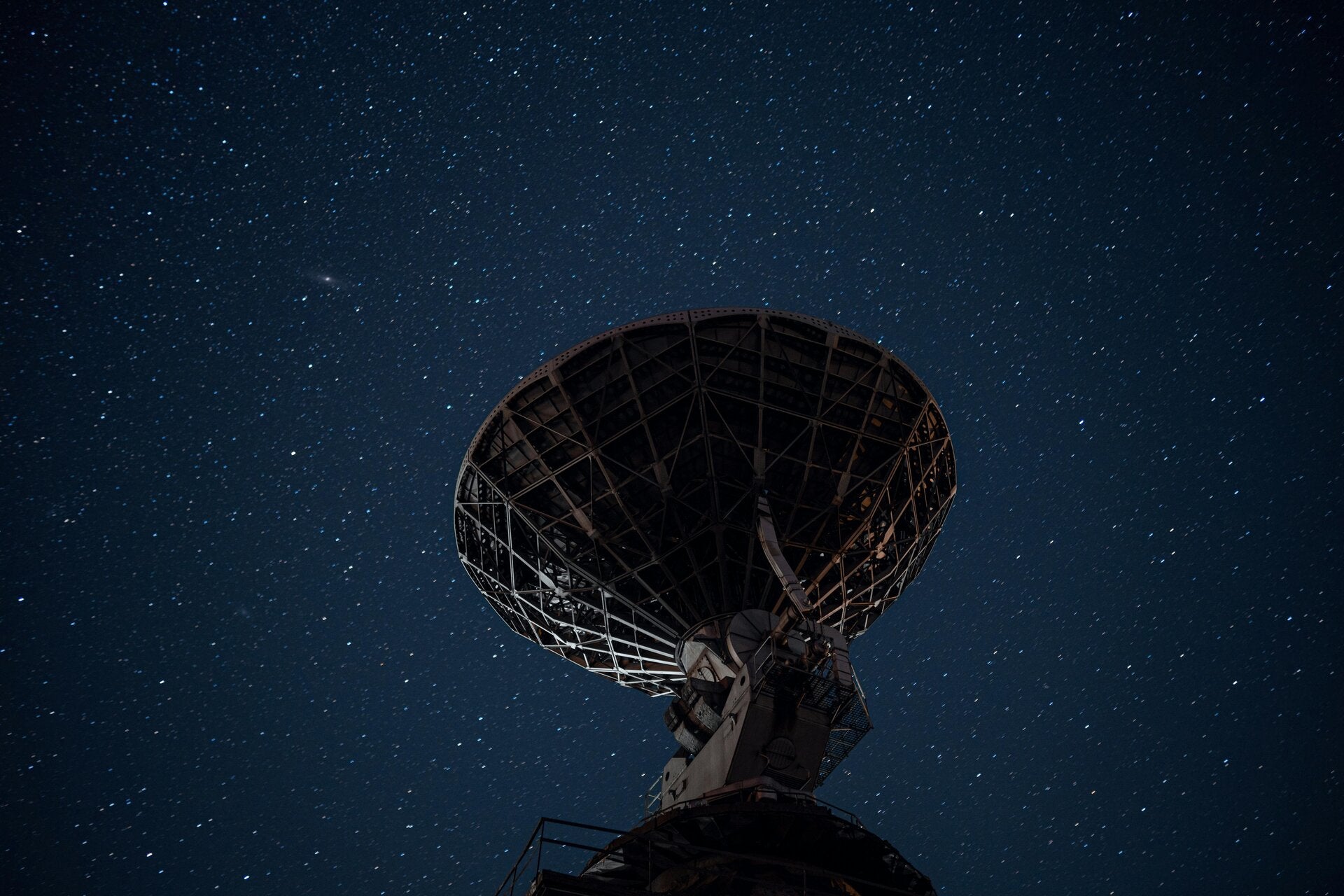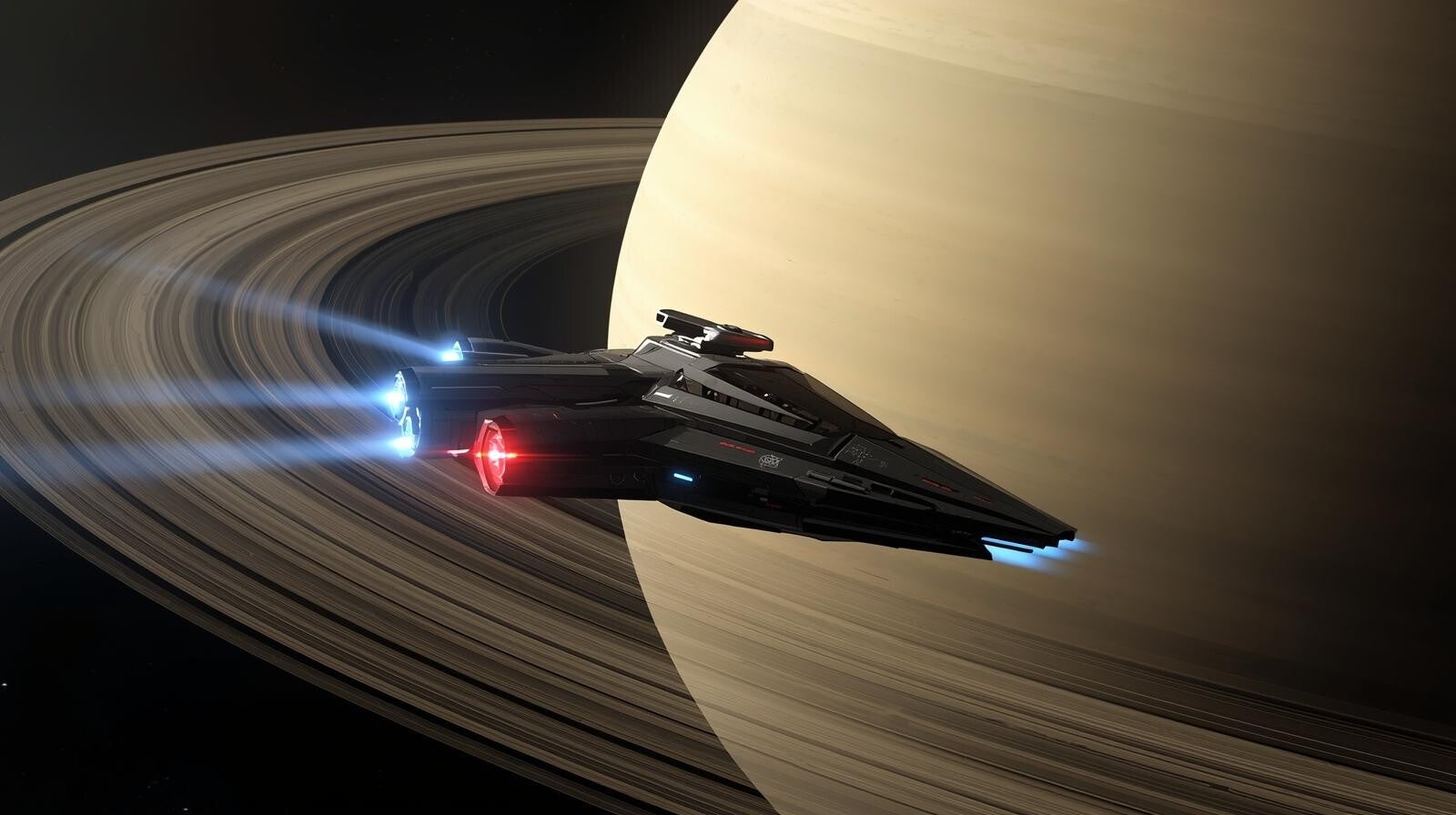An academic pursuit
Space Criminology stands as an academic pursuit, committed to building a scholarly environment in the exploration of space-related crimes, policing, security, and justice. We aim to contribute to the academic understanding of this field, offering a nuanced as well as critical perspective on the complexities inherent to the final frontier.
As such Space Criminology engages in systematic research and scholarly analysis of space-related crimes, emphasizing a holistic approach and being dedicated to investigating these offenses, their ramifications, and potential solutions.
If we want to go to space for, indeed, all humankind, to find new hope and prosper, our nature to commit crime must be taken into account
Yarin Eski

Our Research
We investigate a diverse range of space crimes, encompassing activities such as interpersonal conflict, unauthorized resource extraction and satellite interference, space ecocrime and human rights violations in and through space, as well as atrocious crime, such as astrocide. In so doing, we provide an interdisciplinary comprehension of these transgressions, contributing to the scholarly discourse surrounding space-related activities, governance and public debate.

Policing and Criminal Justice
Policing and criminal justice among the stars has its distinctive challenges. Given the vastness of space, microgravity, radiation and its complex legal dynamics, space law enforcement and policing agencies - still non-existent - would be confronted with intricated tasks. Space Criminology delivers foresight and prospective examinations of possible strategies and initiatives, offering future-oriented insights into the methodologies employed to establish and sustain lawful, just and feasible conduct in outer space.
For example, what if there was a Universal Space Criminal Justice Act?

Human Rights, Equity and Ethics
Finally, in the extraterrestrial domain, the pursuit of justice and equity remains a fundamental principle, which drives Space Criminology to address civil and human rights violations, ethical considerations, and the evolution of international and interplanetary legal frameworks within the realm of space activities. We therefore promote impartiality, accountability, and the preservation of the rights of all individuals, irrespective of their cosmic location and of all celestial bodies, including potential extraterrestrial life.
